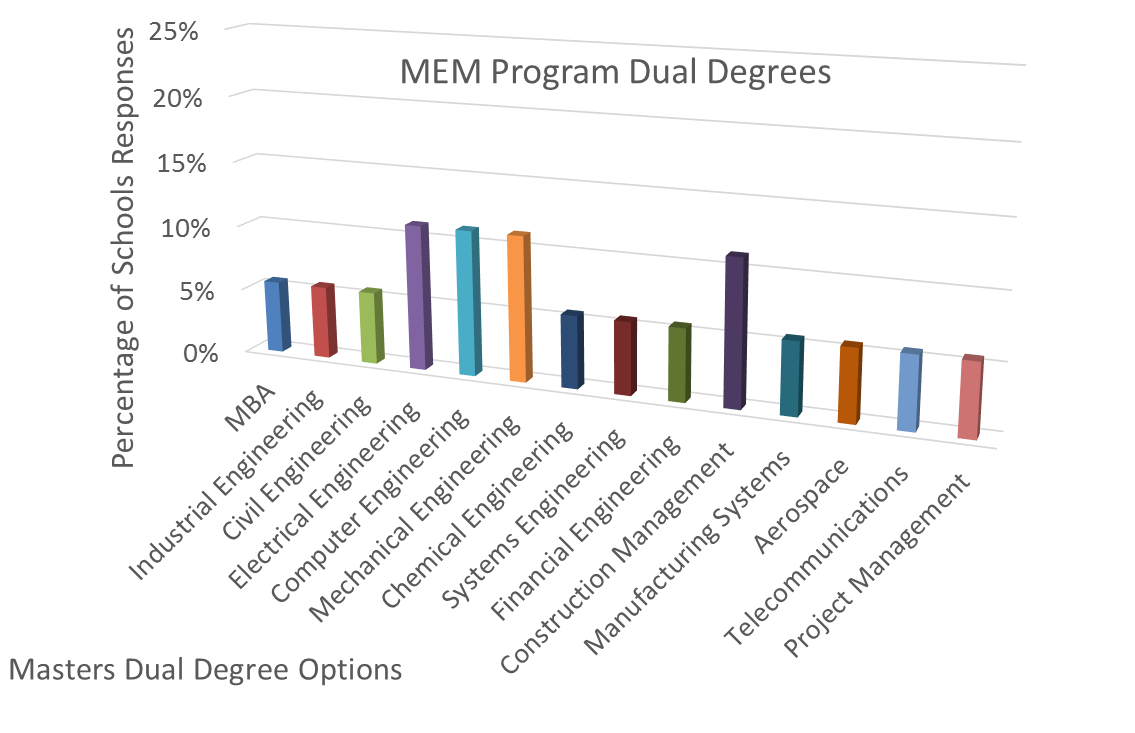
Understanding the career requirements for chemical engineers is crucial before you commit to becoming one. It is also important to understand what the job outlook and education requirements are. A chemical engineer must have the right combination of skills and experience in order to be successful.
Chemical engineers need to have the following skills
A career in chemical engineering requires a strong background in science and analytical skills. Chemical engineers analyze data and use scientific formulas. This knowledge not only helps them in solving problems, but it also helps them in decision making, as they have to weigh the relative costs and benefits of various options.
For a chemical engineer, problem solving, analytical thinking, as well as the ability to think critically are essential skills. They must be able interact well with others and be able speak in different settings. A chemical engineer must be able to use computers and have strong math skills.

A chemical engineer is a person who uses their knowledge to create new products and improve existing processes. They use their analytical skills and research to create prototypes. These prototypes are tested for safety and efficiency. They must also be able analyze and evaluate equipment and processes.
Education Required
If you have an interest in chemical engineering and want to know how to become one, you should consider taking college courses in the field. In general, chemical engineers focus on science and math. The majority of chemical engineers who study in high school or college are expected to take these subjects. These courses provide the foundation for a career within this field.
Chemical engineers use their knowledge of science and math to manufacture products. These professionals oversee the manufacture of products such as food, plastics, and pharmaceuticals. Chemical engineering is a highly sought-after degree. This degree will appeal to those who are passionate about solving the most pressing problems in the world. Chemical engineers also earn higher salaries than other types.
The entry requirements for chemical engineers are not mandatory, but they can make more if they are licensed as professional engineers. Each state has its own licensing requirements, but generally they require at least four years' experience and to pass a written exam. A professional engineer license gives them the ability to supervise other engineers or manage public projects.

Job outlook
A chemical engineer is a professional who has knowledge of chemical engineering. They work in the chemical industry, converting raw materials to finished products. They also design, build and operate chemical plants. Their job requires them to work in teams to solve a variety of problems. These professionals are highly in demand in many areas.
According to the Bureau of Labor Statistics (BoLS), the number of chemical engineers in the future will grow by 4%. This growth is comparable to the average engineering job growth. Some types of chemical engineers may experience greater growth than others. This is due in part to the changes in society and the new technologies. This will be true for chemical engineers who are skilled in pharmaceutical manufacturing.
Chemical engineers have to be careful when working with chemicals. They also need to be concerned about safety for their customers and the surrounding environment. Chemicals can have serious side effects so it is important to use them with caution. Chemical engineers can make a good living, however.
FAQ
What is a Chemical Engineer?
Chemical engineers use math, science, engineering, technology, and business skills to develop chemical processes, products, equipment, and technologies.
Chemical engineers can choose to specialize in areas like petroleum refining or pharmaceuticals, food processing, agricultural, textiles and paper, mining, metalurgisty, and power generation.
They work closely together with scientists and other researchers to solve technical difficulties.
What are the jobs of electrical engineers?
They design power systems for use by people.
They are responsible in designing, building, testing and installing all types and sizes of electric equipment for residential, commercial, and government customers.
They plan and direct installation, as well as coordination of activities by other trades like architects, plumbers, and contractors.
Electricians design and install electronic devices, circuits and other components that convert electricity into usable forms.
What is the Most Hardest Engineering Major?
The hardest engineering major is computer science because you have to learn everything from scratch. You must also know how to think creatively.
You will need to understand programming languages like C++, Java, Python, JavaScript, PHP, HTML, CSS, SQL, XML, and many others.
Understanding how computers work is another important skill. You will need to know about hardware, software architectures and operating systems.
Computer Science is the best option to train as an engineer.
Statistics
- 2021 median salary:$95,300 Typical required education: Bachelor's degree in mechanical engineering Job growth outlook through 2030: 7% Mechanical engineers design, build and develop mechanical and thermal sensing devices, such as engines, tools, and machines. (snhu.edu)
- 8% Civil engineers solve infrastructure problems. (snhu.edu)
External Links
How To
How to use the Engineering Technical Pen
A good engineering pen should have the following:
-
An ergonomic grip
-
A comfortable writing surface (a rubberized grip would be best)
-
Access to ink cartridges easily
-
There is enough space to correct mistakes
-
Nuts of good quality
-
Long-term ergonomics
-
Good visibility of the ink cartridge level
-
A low weight
-
A good price/value ratio
These tools are best used correctly.